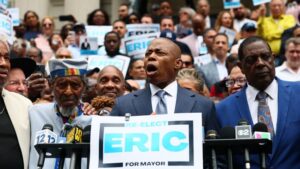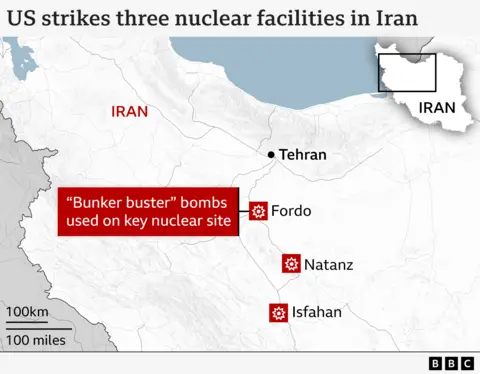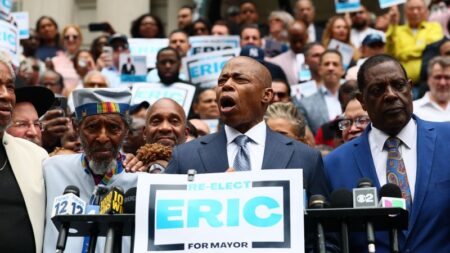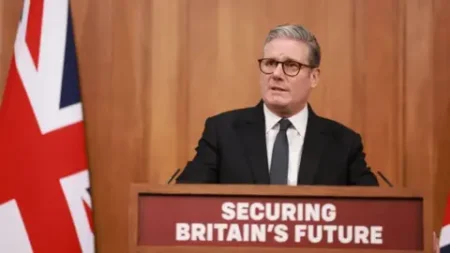In a recent public address, Iranian Supreme Leader Ayatollah Ali Khamenei asserted that the United States gained nothing from its military strikes on Iran’s nuclear facilities. This speech marked his first public appearance following a ceasefire agreement with Israel, which took place earlier in the week. Khamenei emphasized that the US actions lacked any significant impact on Iran’s nuclear development endeavors, stating that the retaliation against an American air base in Qatar equated to delivering a “heavy blow” to US operations in the region.
The backdrop of this statement comes as the US maintains a contrasting viewpoint regarding the effectiveness of its military actions. US Defense Secretary Pete Hegseth spoke about how various intelligence assessments from both the United States and Israel suggest that these strikes severely hampered Iran’s nuclear ambitions, claiming to have set back the program by years. Hegseth described the military operation as a “historic success,” which had rendered key Iranian enrichment facilities inoperable.
In an earlier communication, President Donald Trump had suggested that the strikes obliterated crucial nuclear sites, although certain sources reported that the damage may not have been as extensive as initially suggested. During the Pentagon press conference, Hegseth asserted the lack of intelligence indicating that the enriched uranium stored at Fordo, a key target, had been relocated prior to the US air strikes, thus strengthening the case for their effectiveness.
Khamenei’s address was particularly significant as it came after a period of public silence during which he reportedly took refuge in a bunker amid rising concerns over his safety following direct conflicts with Israel. His reappearance was accompanied by a defiant message, pledging potential future strikes on US bases in the Middle East should Iran face further attacks. Moreover, he called out Trump for allegedly exaggerating the effectiveness of the nuclear site strikes, reiterating that the US did not achieve any of its objectives.
Acknowledging the attack on the US air base in Qatar, Khamenei conveyed that such actions could recur, should aggression continue, implying that consequences for the US would be dire. Intriguingly, despite the retaliatory measures, Khamenei noted that there were no casualties reported during the strike on the base, which Trump stated was communicated to US forces before being executed.
In light of these tensions, CBS News reported that the White House is exploring several strategies to bring Iran back to negotiations, including potential financial support for a civilian nuclear program that excludes enrichment. However, Iranian officials, including the foreign minister, have indicated that no negotiations with the United States are currently on the table.
The dialogue surrounding Iran’s nuclear ambitions has been revitalized after Israeli Prime Minister Benjamin Netanyahu emphasized the imminent threat posed by Iran’s nuclear program on June 13, which was followed by a declaration from the global nuclear watchdog, accusing Iran of breaching its non-proliferation commitments for the first time in two decades. Iran has consistently affirmed that its nuclear activities are intended solely for peaceful purposes, denying any intent to develop nuclear weapons.
As the situation escalated, Iran’s parliament recently approved legislation to halt cooperation with the International Atomic Energy Agency (IAEA), further curtailing inspections of its nuclear sites. Amid the airstrikes and conflicts that transpired over recent weeks, various reports indicated significant casualties, with Iran claiming to have suffered 610 fatalities, while Israeli reports cited 28 deaths.
In conclusion, the exchange between Iran and the US underscores a complex web of military actions, public rhetoric, and geopolitical strategies that continue to shape the volatile landscape of the Middle East. The discord regarding nuclear capabilities and the military responses from both sides illustrate the high stakes involved as both nations face off against one another, with significant implications for regional peace and security.











